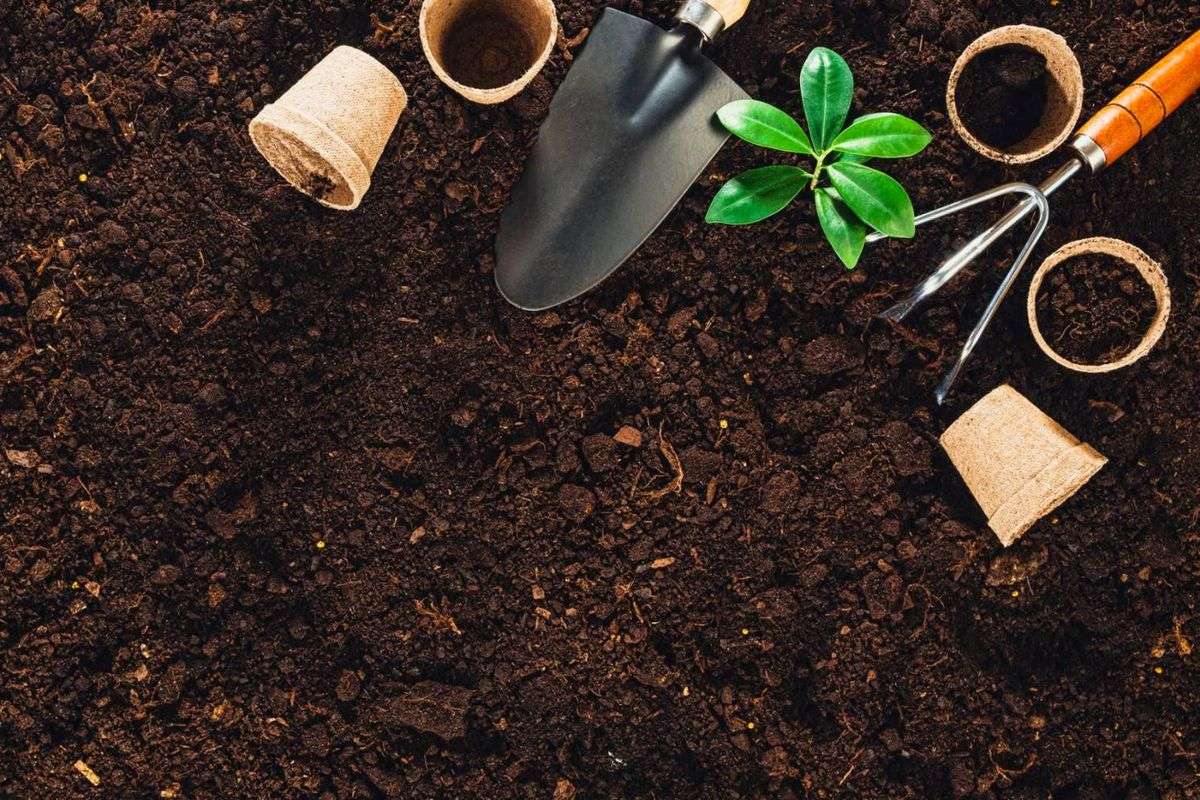Soil holds the key to your garden’s success. While soil preparation might not be the most exciting part of gardening, it’s undoubtedly among the most vital. With the right soil, your garden will thrive effortlessly.
With that said, here are the basics of a healthy soil:
Balance the pH Levels
Soil pH profoundly impacts nutrient availability. While many plants tolerate various pH ranges, a slightly acidic environment (pH 6 to 7) is generally optimal, as essential nutrients dissolve readily in this range.
Adjust soil pH using amendments like sulfur for alkaline soils and lime for acidic ones.
Soil Texture Matters
Understanding your soil’s texture is a crucial starting point before you embark on planting. The composition of clay, sand, and silt in your soil affects its density, drainage, and nutrient-retention capacity.
It’s worth noting that different soil types have distinct attributes. Let’s look at all of them:
- Clay is dense and moisture-retentive, but slow-draining and prone to compaction.
- Sandy soil is loose and well-draining, but nutrients may leach quickly.
- Silt has fine particles that hinder drainage and aeration.
- Loam is ideal for most plants, as it’s a balanced mix of clay, sand, silt, and humus.
You can enhance your soil’s structure by adding organic matter or creating raised beds tailored to your desired plants’ needs.
Enrich with Organic Matter
Organic matter is a universal soil enhancer. It improves water-holding capacity in sandy soils and loosens clay soils. Embrace composted yard waste, manure, and fallen leaves as valuable amendments that nourish your soil, provide nutrients, and support soil organisms.
Work amendments into the soil in the fall for best results.
Tread Lightly with Tilling
The practice of tilling can affect your soil dynamics. While tilling can incorporate organic matter and improve drainage, it also disturbs beneficial soil life, exposes dormant weed seeds, and hampers vital microorganisms.
Deep tilling might be suitable for clay or compacted soils, but let nature take over to refine soil structure.
Harness Soil Microorganisms
View your soil as a bustling ecosystem hosting earthworms, insects, fungi, bacteria, and more. These microorganisms play a vital role in nutrient cycling, aeration, and organic matter decomposition. Foster their presence by avoiding harsh chemicals and promoting diverse plant life.
Mindful Mulching
Mulching serves as a powerful ally, conserving moisture, deterring weeds, moderating soil temperature, and enhancing aeration.
However, improper mulching practices can alter soil chemistry and create overly damp conditions prone to fungal diseases. Choose appropriate mulching materials and avoid excessive thickness to strike a balance.
By mastering these soil care techniques, you’re empowering your garden’s potential and paving the way for thriving plants and bountiful harvests.

